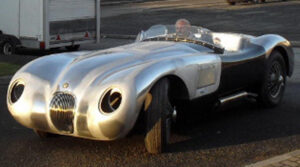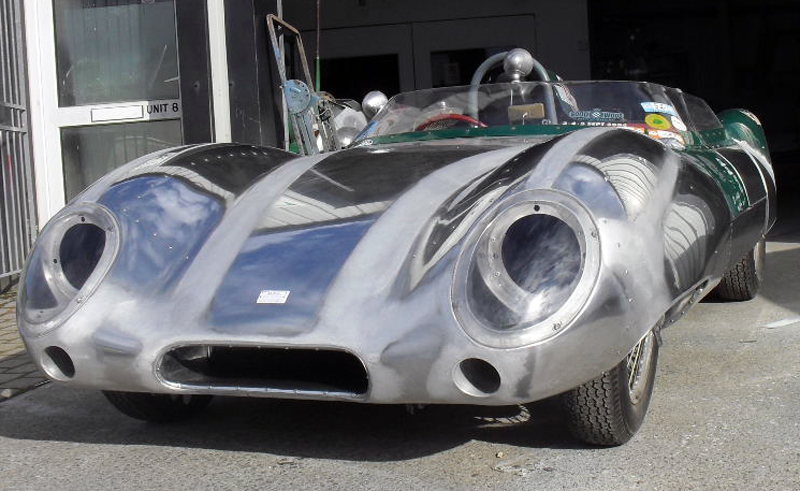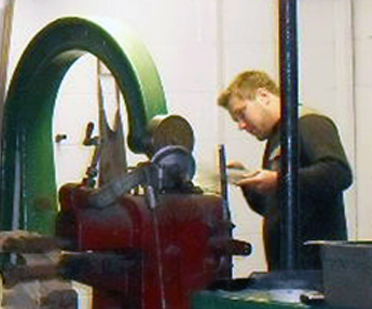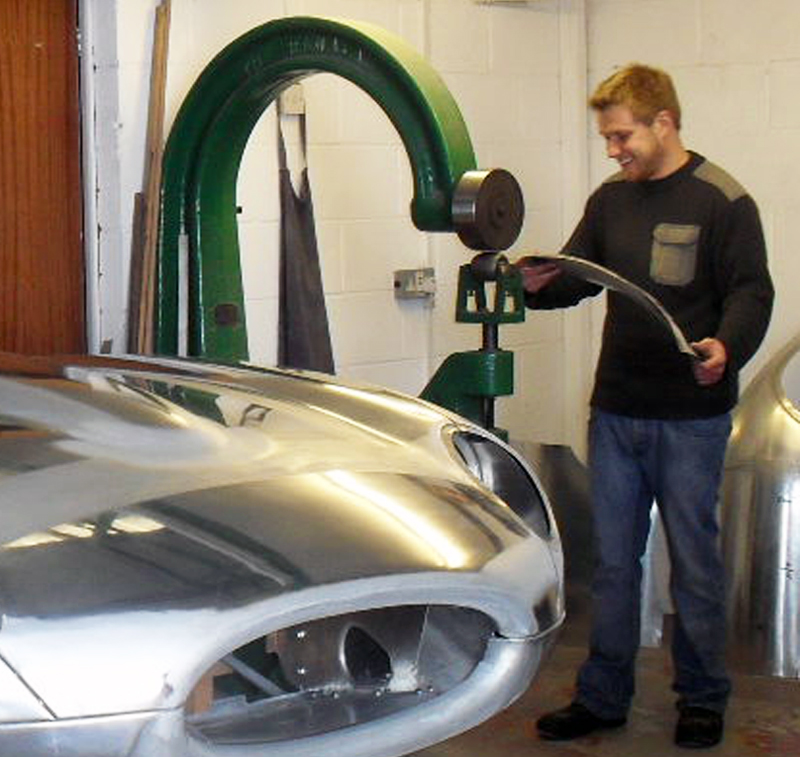Handcrafted panels and complete bodies in Aluminum or Steel for Classic or Vintage Cars.
Wheeling courses available for the professional or novice.
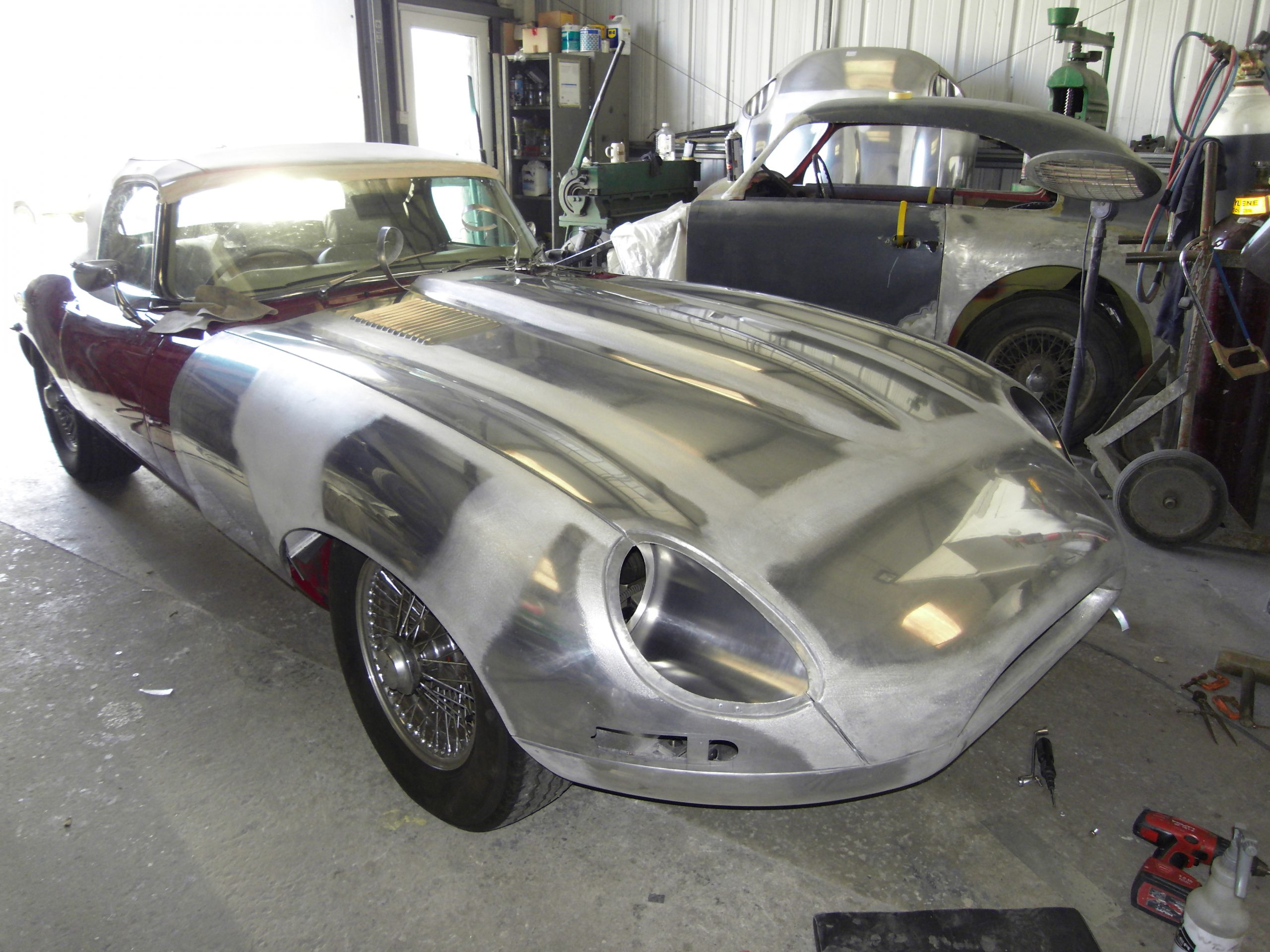
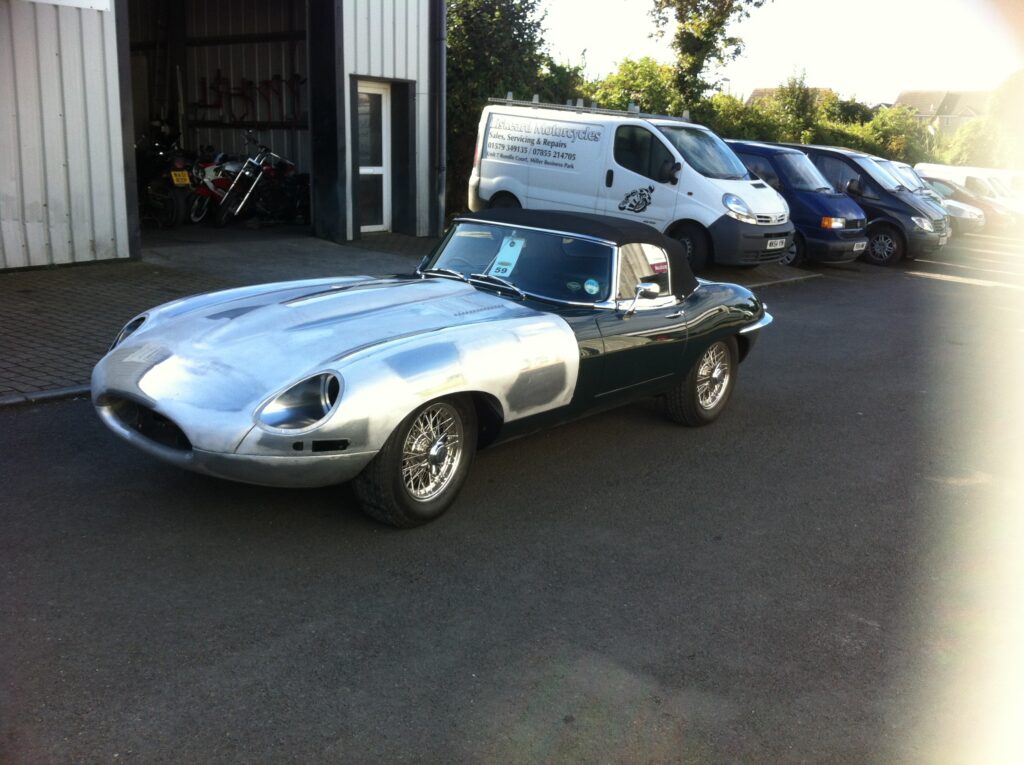
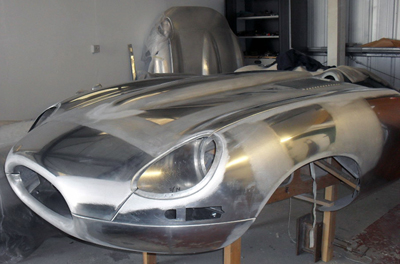
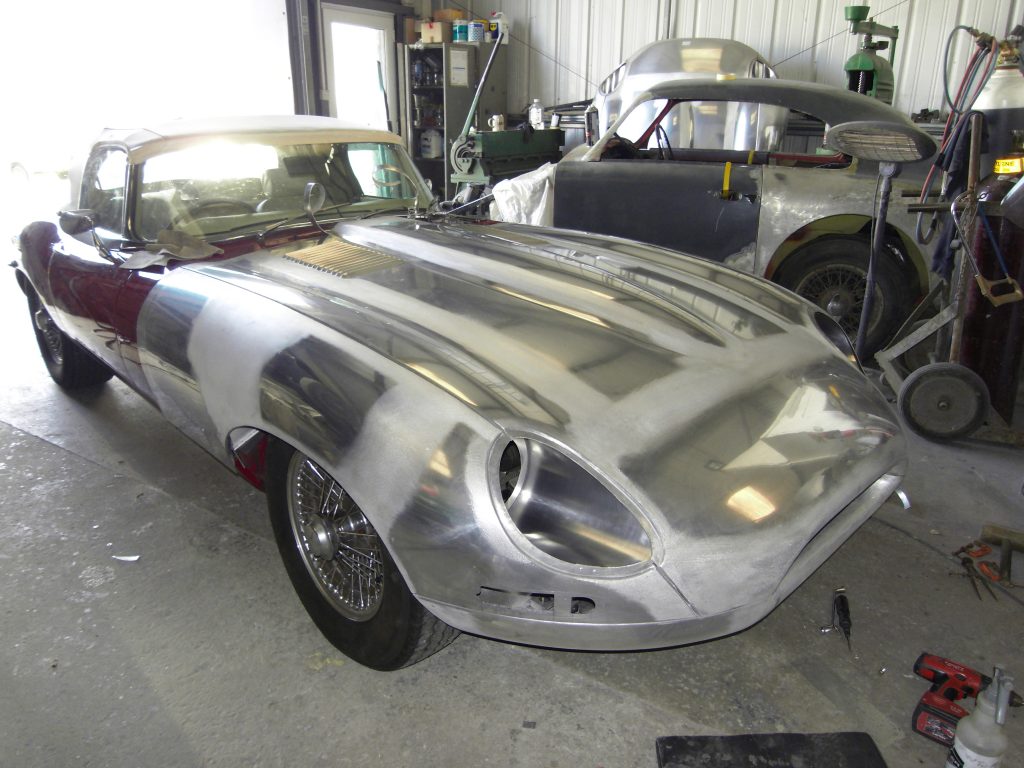
MPH Motor Panels create and manufacture hand crafted body panels for cars and vintage vehicles. Whether it is a bonnet for an E-type Jaguar, or a wing for a Lotus, MPH have years of experience of restoring vintage cars for a range of customers.
Alongside our vehicle panel beating, we offer wheeling courses so you too can learn the skills required to shape body panels for your car.
Specialist panel beating company MPH Motor Panels are dedicated to producing the highest quality custom body panels for classic cars. Skills which are passed on through their sheet metal and wheeling courses, have a look at the courses available on the Wheeling link above.
Panels can be made from steel and aluminium for any car or restoration project.
E-Type Jaguar bonnets are only available in Aluminium, see E-Type Jaguar page for details and prices.
View our range of restorations here:
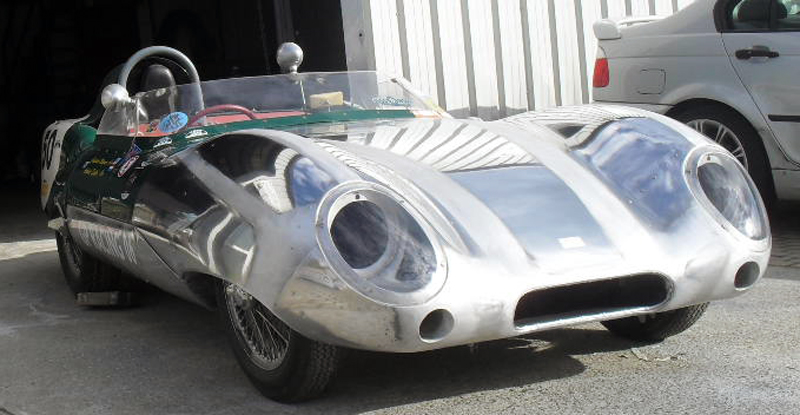
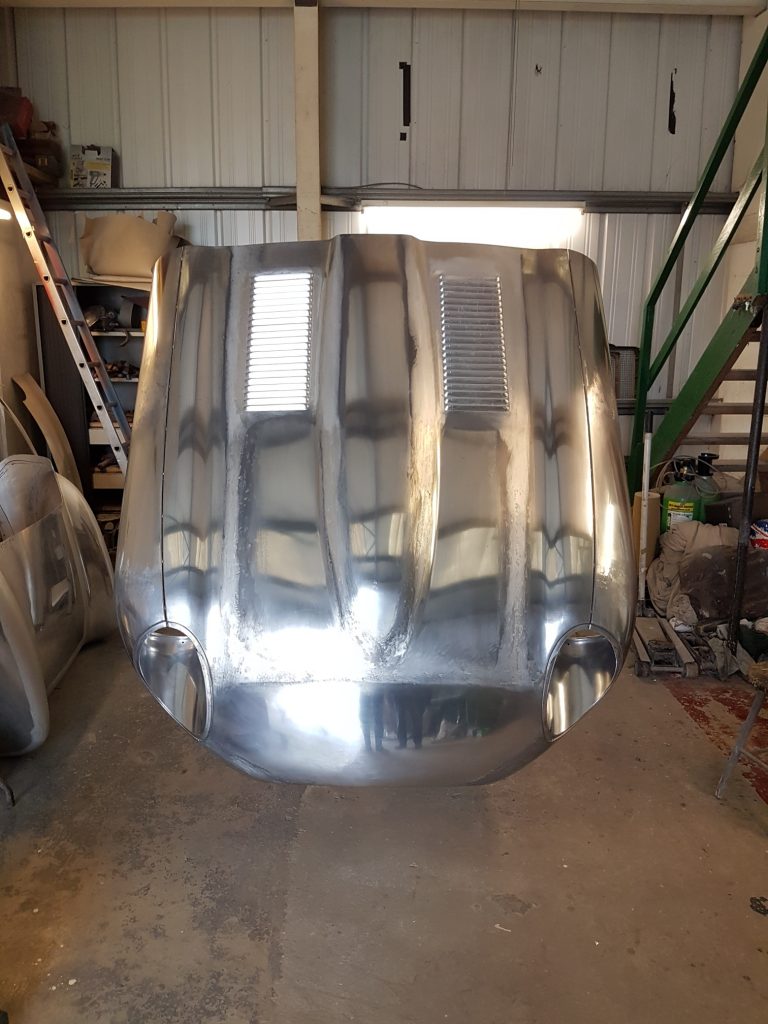
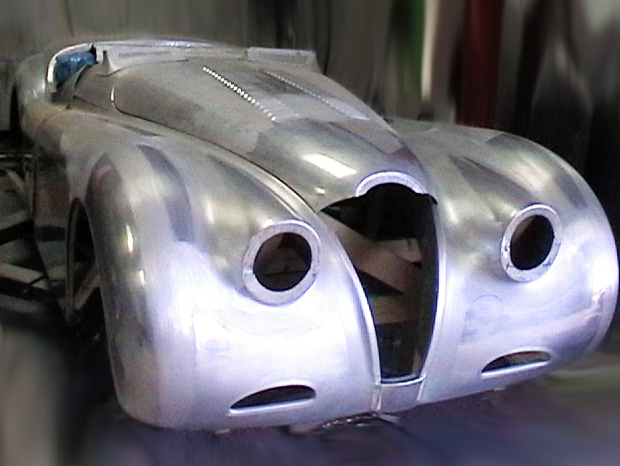
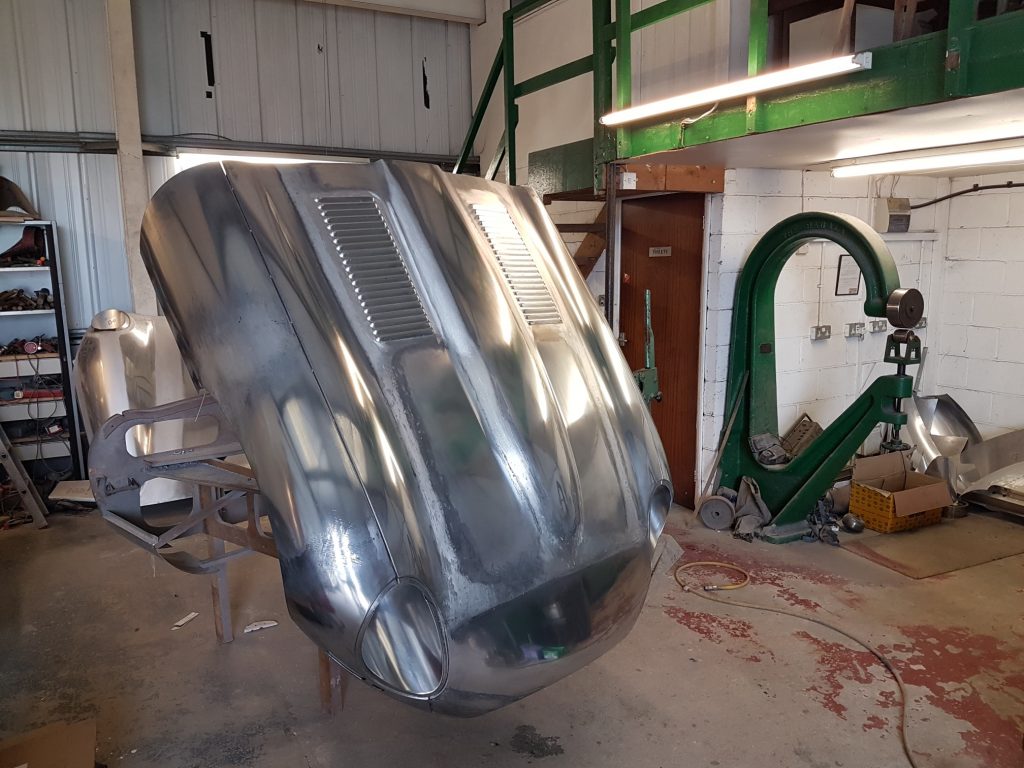
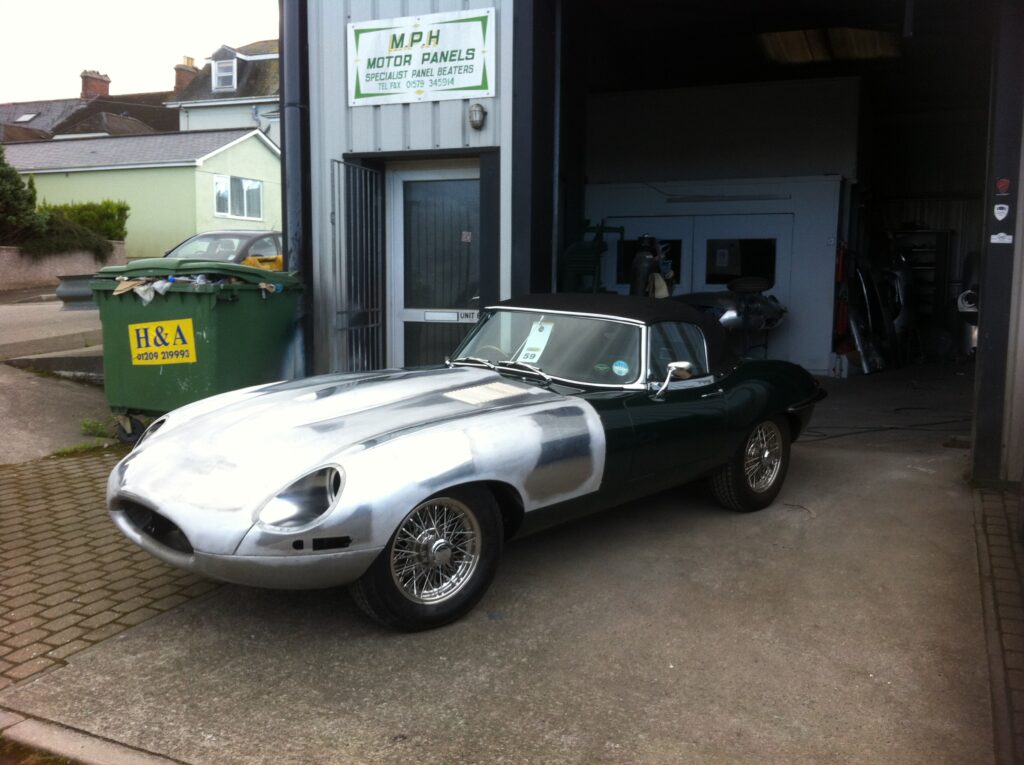
MPH Motor Panels have produced work for companies and clientele worldwide. The company regularly produces work for events such as, The Goodwood Festival of Speed.
They have also produced cars for blockbusting films and historic car enthusiast clubs.
MPH Motor Panels is run by Mr Geoff Moss. Geoff is an Ex-Aston Martin panel-beater with the highest level of expertise and experience, you can be sure that you will receive the highest quality and service.
MPH On YouTube
Check out some videos of MPH Motor Panels on William Longyard’s YouTube channel here.
https://www.youtube.com/@williamlongyard5887
Wheeling Courses
MPH Motor Panels offers wheeling courses on site, you can read more about these below, or on our Wheeling course page here.
